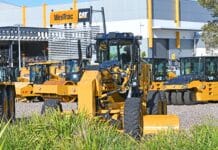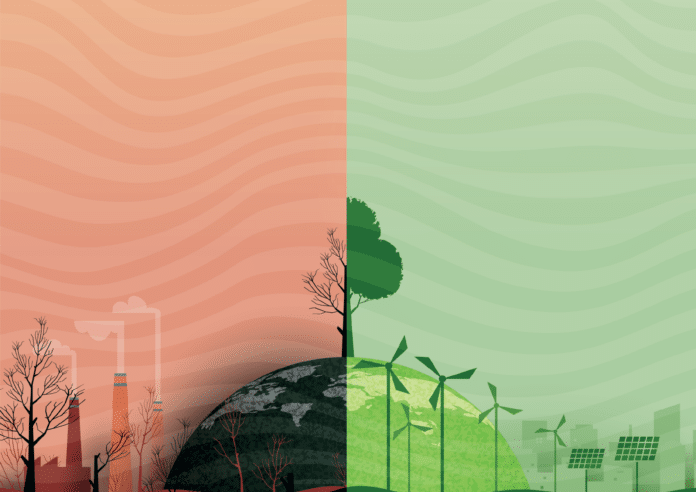
The Tharawat Family Business Forum recently published its “Climate Change and Family Business: Action for a Sustainable Future in MENA” report, which addresses the challenging realities of climate change in the Middle East and North Africa (MENA). The report, created with the support of AW Rostamani Group and knowledge partner Global Compact Network UAE, also explores the role family-owned companies play in fostering a more sustainable future and stresses the necessity of swift and meaningful action to mitigate the causes of climate change. The advancing climate extremes that could subject 55% of the global population to over 20 days a year of lethal heat conditions, convert one-third of the planet’s land surface into desert, displace millions, and impact nearly every industry globally must be addressed before it’s too late.
Here are some key takeaways from “Climate Change and Family Business: Action for a Sustainable Future in MENA” highlighting the climate-driven scenarios that confront family-owned firms and the sustainability strategies that could shape their response.
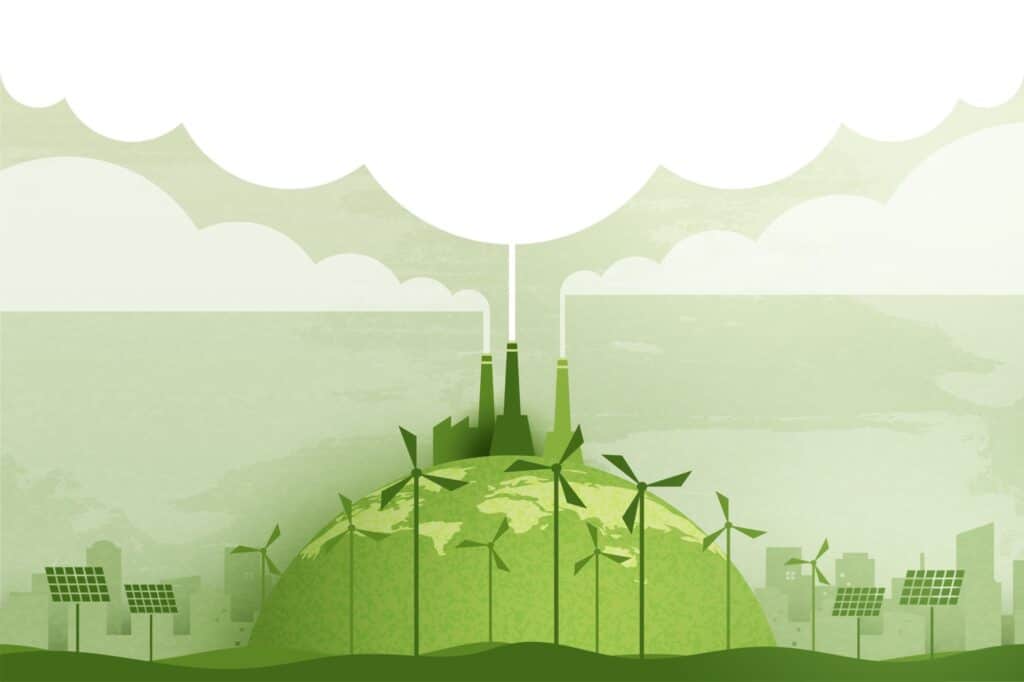
Regional Vulnerabilities
A region highly exposed to the effects of climate change, MENA’s temperatures are rising at twice the global average. Some simulations predict MENA will be as much as 4°C warmer on average by 2050, foreshadowing a troubling increase in drought and extreme hot weather events. The imminent consequences of climate change in MENA prompt considerable environmental and socio-economic concerns, raising critical questions about the region’s future stability and security.
The causes of the Middle East’s climate pollution primarily exist within the region. MENA has one of the world’s highest concentrations of oil reserves, which are directly or indirectly responsible for many of its climate change catalysts, such as deforestation, desertification, heavy traffic and CO2 emissions. The Middle East is projected to generate over 3,120 MTCO2 equivalent in 2030 — a figure that will need to be at least halved if global warming is to be kept in check. Moreover, MENA is home to 6.3% of the world’s population but only has access to 1.4% of the world’s renewable freshwater. Of the world’s 17 most water-stressed countries, 12 are in the Middle East, making the MENA the most water-stressed region on the planet, creating conditions that are taking a toll.
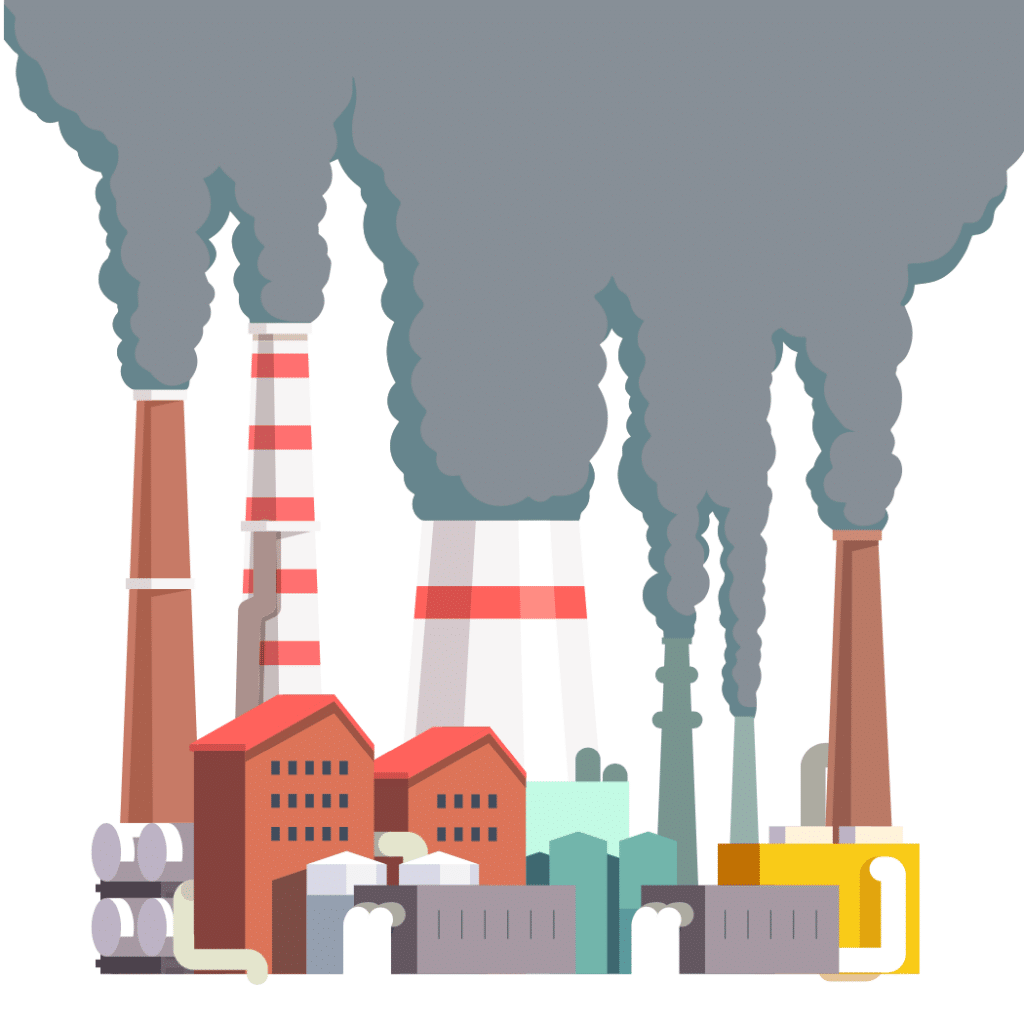
Climate Change as a Business Risk
Business leaders must see climate change as one of the most pressing issues facing their operations and communities. In the wake of increasingly severe climate phenomena, all business types face impediments ranging from facility damage and workforce displacement to complete shutdowns. And even if these worst-case scenarios don’t materialise, every business will have to adapt to the changing landscape of regulatory requirements, professional liabilities, and supply chain challenges associated with the changing climate.
Climate change creates obvious risks for the world’s family-owned businesses, many of which place sustainability as a key priority and have intentions to lead in sustainable business practices. According to the Climate Change and Family Business Report, the next generation shows even greater resolve, with 64% of next-gens saying their businesses could lead the way in sustainable business practices and 55% believing their family business puts sustainability at the heart of everything they do. Combined with their economic impact and long-term strategic outlook, family businesses could become one of the most powerful agents of change in the fight against the climate crisis.
Turning Intentions into Actions
According to award-winning educator and family enterprise researcher Prof. Alfredo De Massis, the ability to draw on the past to inform decision-making gives family firms a unique advantage, but it can also cause a disconnect between the strategies family businesses develop and the actions they take on sustainability. After interpreting data from 2,032 family and non-family firms across 45 countries and 19 industries over eight years, De Massis believes that families today struggle to reconcile tradition with environmental innovation. Consequently, on average, family businesses are less engaged in pollution prevention, green supply chain management and green product development practices than their non-family counterparts.
Professor Pramodita Sharma, Schlesinger Grossman Chair of Family Business at the University of Vermont Grossman School of Business, believes most family businesses are only at the awareness stage of their sustainability journey. Sharma suggests that family firms are just beginning to consider how their enterprises can participate in climate and societal change and must reconcile embedding sustainable development principles into their core operations with profit and customer retention before they take meaningful action.
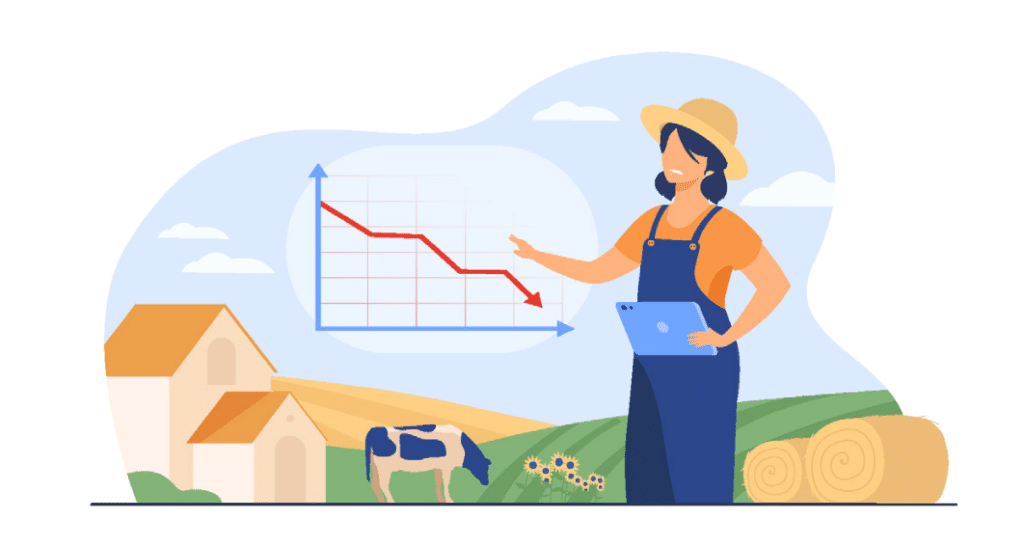
Defining Strategies
Many family businesses in MENA are aligning their characteristic foundational values with sustainability goals and redefining their core mission. However, the emerging climate realities require investment, both in a company’s infrastructure and in changing business models and cultural behaviours. Consequently, agreement from all levels of leadership and governance is critical to meeting a company’s sustainability objectives.
Known for their relationship building, it’s important that family businesses leverage partnerships with NGOs, other companies, or government agencies to amplify their environmental action and further mitigate risk. Moreover, transparency is key when determining steps to create lasting and effective environmental transformation. Sharing meaningful information concerning sustainability efforts, obstacles, and impacts increases trust both inside a family-owned enterprise and across its ecosystem.

Champions of Change
Leading luxury beauty, fashion, and lifestyle retailer, Chalhoub Group, made a clear commitment towards people, partners, and the planet when it joined the United Nations Global Compact and became a signatory of the Women’s Empowerment Principles community. The Group’s sustainability programme has seen the elimination of single-use plastic from all of its offices, warehouse operations, and 680 retail locations. To date, Chalhoub Group has installed 3,549 peak Kilowatts of solar capacity and reduced its carbon dioxide equivalent emissions by 2,697 tons. The company has set a net-zero emissions target across all operations by 2040. And they are by no means alone when it comes to family businesses leading the way in sustainability.
The L’Oréal Group maintains 35 iconic brands in over 150 countries. The Group’s “L’Oréal for the Future” programme has delivered an increasingly sustainable business model for the company while also contributing to efforts that address environmental challenges.
L’Oréal plans to achieve carbon neutrality at all its sites using 100% renewable energy by 2025. L’Oréal also intends to recycle all of the water used in its industrial processes and introduce 100% sustainably sourced, biobased ingredients in its formulas not linked to deforestation. By 2030, all of the plastic used in the company’s packaging will come from either recycled or biobased sources. L’Oréal’s sustainability efforts have seen the company reduce its CO2 emissions from its plants and distribution centres by 87% since 2005 despite a 37% increase in production.
For some, efforts to counteract climate change and make their businesses more sustainable have snowballed into entirely new entrepreneurial lines under the umbrella of the family group. In response to new environmental legislation in their home operating country of Chile, integrated engineering, construction, and metal grating solutions company, Arrigoni Group, saw a business opportunity in addition to ensuring their operations aligned with governmental sustainability targets. In 2018, the Group launched Arrigoni Ambiental, an environmental action provider that offers hazardous waste management tools, training, and advanced warehouse facilities to Chilean industry. Arrigoni Ambiental’s end-of-use tires recycling programme uses an innovative decomposition system that transforms tires into three reusable byproducts and has helped earn the company its 2020 Association of Family Businesses “Commitment to Sustainability” Award.
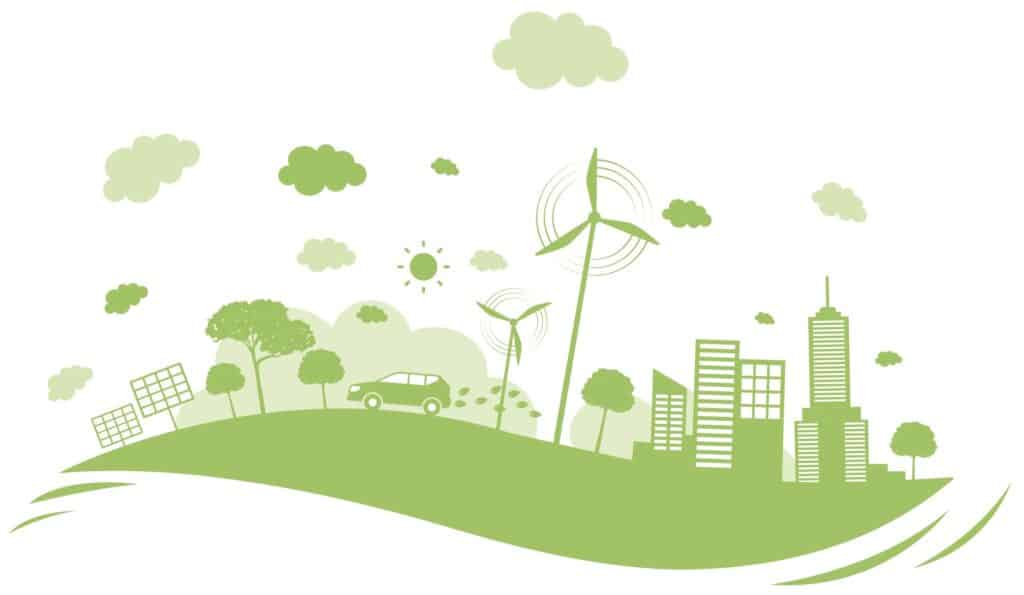
Climate Action Toolbox
The report also includes the Climate Action Toolbox, a resource to support family enterprises on their environmental sustainability journeys. Integrating climate action with business strategy and risk mitigation while also uncovering growth opportunities, the Climate Action Toolbox is designed to be reviewed by teams at all organisational levels. Family-owned businesses can use the Toolbox’s self-assessment scorecard to better understand engagement in corporate purpose, alignment with sustainability KPIs, governance, investment, scalability, partnerships and transparency.
Not too Late
Although human activity has already set in motion changes to the Earth’s climate that may remain for centuries, most experts and even international agencies, such as the United Nations, agree it’s not too late to stave off the most catastrophic climate change scenarios. The UN’s Intergovernmental Panel on Climate Change (IPCC) believes limiting global warming to 1.5°C could mean avoiding many of the adverse effects linked to climate change. The Tharawat Family Business Forum report underscores the integrated efforts of governments, industries, and communities worldwide that will be necessary to reduce the flow of greenhouse gases into the atmosphere. Still, with the right level of collaboration and dedication, there is room for hope.



